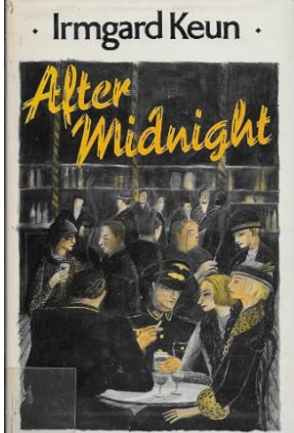Ursula Le Guin - Lavinia.
Ursula Le Guin. Lavinia. (United Kingdom: Gollancz, 2009)
Le Guin frames her narrative as a woman reclaiming her story. The character of Lavinia addresses the poet about what he got wrong.
Le Guin says in the Afterword that she removed the gods from the story because gods do not work in a novel. ‘More than anything else, my story is an act of gratitude to the poet, a love offering’ (p. 289)...’It is a meditative interpretation suggested by a minor character in his story - the unfolding of a hint,’(p. 290) and ‘My desire was to follow Virgil, not to improve or reprove him’ (p. 291). She has the character of Lavinia say: ‘I am not the feminine voice you may have expected. Resentment is not what drives me to write my story. Anger, in part, perhaps. But not an easy anger. I long for justice but I do not know what justice is. It is hard to be betrayed. It is harder to know you make betrayal inevitable’ (p. 71). This is particularly interesting as a standard to be compared with more recent approaches in the rewriting of women from Greek myth.
In the novel, Le Guin depicts an imagined community of women and includes a motif of piety. She uses ekphrasis in describing the images on Aeneas’ shield, which foretell the future fighting. The role of the poet is to bestow immortal fame.
This is her description of the poet’s poem:
‘It wasn’t singing like the shepherd’s songs, or rowers’ choruses, or the hymns at Ambarvalia and Compitalia, or the songs women sing all day at spinning and weaving and pounding and chopping and cleaning and sweeping. There was no tune to it. Its words were all the music of it, its words were its drumbeat, clack of the loom, tread of feet, oar stroke, waves breaking on the beach at Troy away across the world’ (p. 47).
Some content is explicitly feminist:
“Why must there be war?” “Oh, Lavinia, what a woman’s question that is! Because men are men” (p. 91).
And this:
‘When the poet sang me the fall of Troy, his story told of the King’s daughter Cassandra, who foresaw what would happen and tried to prevent the Trojans from letting the great horse into the city, but no one would listen to her: it was a curse laid on her, to see the truth and say it and not be heard. It is a curse laid on women more often than on men. Men want the truth to be theirs, their discovery and property. My father did not hear me' (p. 122).
Lavina compares their relationship to weaving to express her love for both Aeneas and the poet, Virgil. She recalls Aeneas' words as the thread that holds her life together and the poet's words as a sea wave that rushes up the shore, overtaking the wave that came before it. This comparison serves as a metaphor for how women's experiences are passed down through the generations and for what remains after someone passes away. The poet gave Lavina only mild blushes, no personality, and no voice. Despite this, the poet granted her character immortality, enabling her to live and die as women do and in accordance with the poet's lyrics. She will not, however, go into the shadows beneath Albunea to meet Aeneas or Dido of Carthage. ‘But he did not sing me enough life to die. He only gave me immortality’ (p. 286).



Comments
Post a Comment